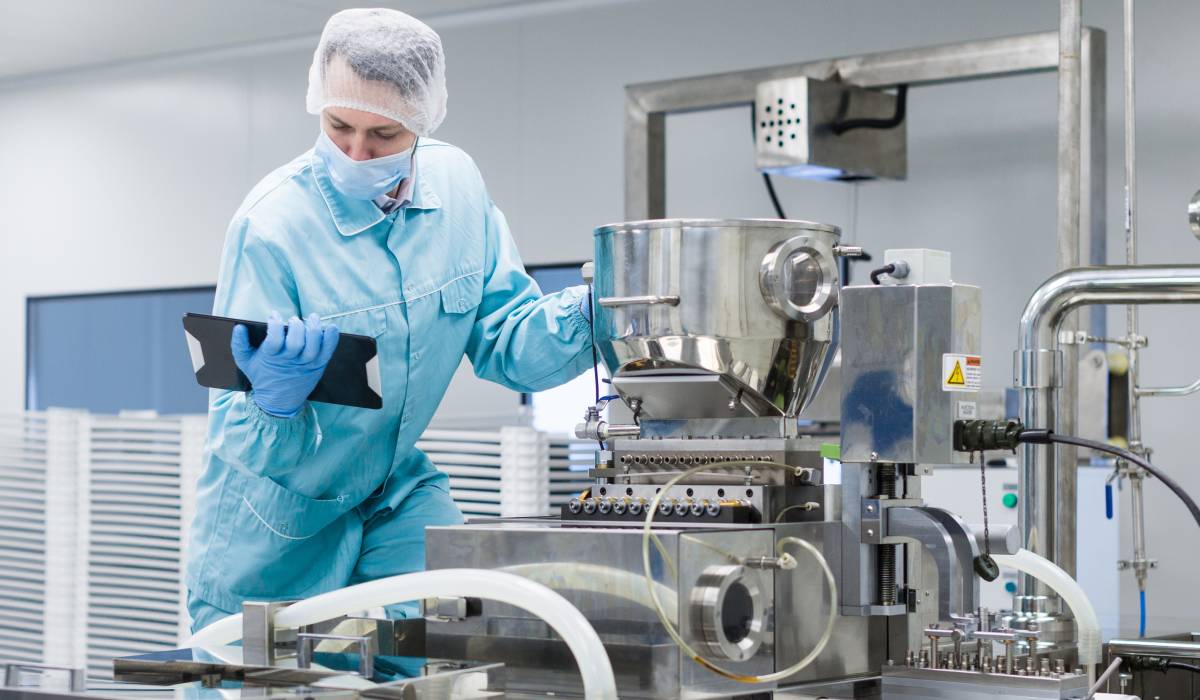Food spoilage is a critical issue that affects manufacturers and consumers. For food manufacturers, spoilage leads to increased production costs, lost revenue, and damaged brand reputation, while consumers are burdened with shortened shelf lives and wasted money on spoiled goods.
Therefore, manufacturers are placing a strong emphasis on preserving food quality and extending shelf life to minimize losses and meet consumer demands. It’s important to learn how food manufacturers combat premature food spoilage so that consumers feel safe not only purchasing products but eventually consuming them.
Packaging is a frontline defense against food spoilage. Many manufacturers use advanced materials that slow down the degradation of food products. For instance, vacuum-sealed pouches and multilayered films can block oxygen and moisture, two common culprits that accelerate spoilage.
Temperature fluctuation is one of the leading causes of food spoilage. Manufacturers counter this by investing heavily in cold chain logistics, which involve refrigerated trucks, warehouses, and display units. Maintaining precise temperature conditions supports the integrity of perishable goods from production facilities to end consumers.
For example, dairy products must be stored at temperatures below 40 degrees Fahrenheit to remain safe. Food manufacturers use advanced monitoring systems, such as IoT-enabled sensors and automated alerts, to maintain compliance with temperature requirements every step of the way. This meticulous approach minimizes spoilage and protects consumer health.
Innovations in food preservation technology continue to push the boundaries of shelf-life extension. High-pressure processing (HPP) is one method gaining prominence. By applying extremely high pressure to sealed food products, manufacturers eliminate harmful bacteria without compromising freshness. This method is especially effective for juices, deli meats, and ready-to-eat meals.
Among the many tools used to prevent spoilage, induction sealers play a critical role. By creating airtight seals on jars and bottles, these machines protect food from exposure to air, moisture, and contaminants. Induction sealing works by applying electromagnetic energy to a foil-layered seal, which adheres securely to the container once heated.
This technology is particularly effective for liquid, powder, and semi-solid products. By eliminating leaks and tampering risks, induction sealers prevent premature spoilage and maintain food safety, further building trust with consumers. Their precision and reliability make them indispensable in modern food manufacturing.
The fight against food spoilage is far from over, but food manufacturers are making significant progress through innovation and diligence. With advancements in smart packaging and AI-driven supply chain monitoring, the future holds greater promises for reducing spoilage, controlling costs, and delighting consumers.









